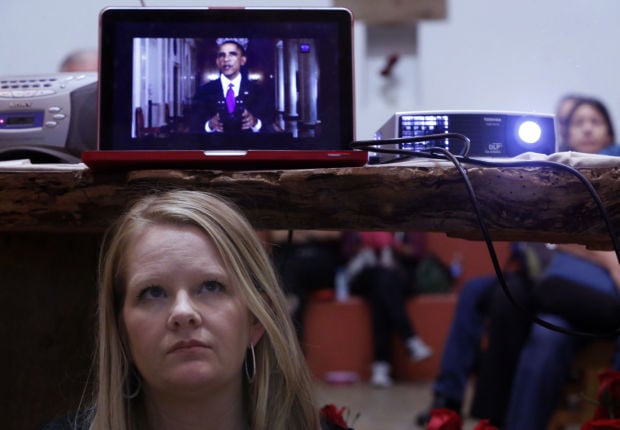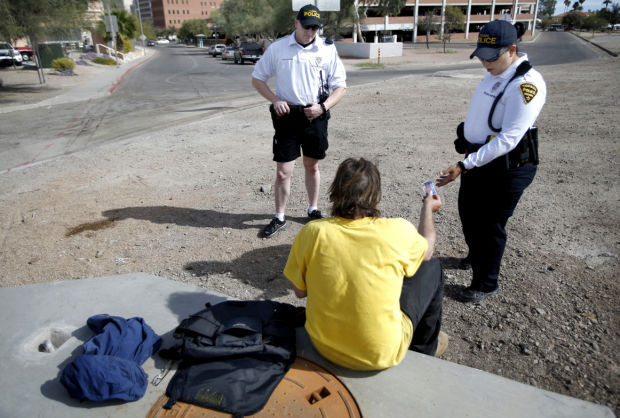PHOENIX — A House panel voted Thursday to strip all state funds from cities and counties that the attorney general determines offer “sanctuary” to those not in this country legally.
HB 2223 is aimed in part at the city of Phoenix, which is weighing issuing city identification cards to residents to make it easier for them to get municipal services. The only issue would be residency, with no regard to legal presence.
But the proposal by Rep. Jay Lawrence, R-Scottsdale, is designed to financially penalize any community whose policies preclude employees, including police, from gathering information about the citizenship or immigration status of individuals and sharing that information with federal agencies.
Lawrence said those not here legally cost the state $2.8 billion in education, prison costs and medical care. And he suggested the state’s high unemployment rate is due to 278,000 undocumented workers.
His contention is that cities are violating a key provision of SB 1070. That 2010 law was designed to give police more power to detain and arrest those not here legally.
Much of that statute has been voided by federal courts.
But the U.S. Supreme Court upheld a key provision that says police officers are required to make a “reasonable attempt” to determine the immigration status of anyone they have stopped for any other reason. Lawrence contends that some police departments are not doing that.
“There are laws in the state of Arizona,” he said. “As long as there is adherence to those laws, I have no problem with any city at all.”
The problem for cities, though, won’t be with Lawrence.
HB 2223 requires the attorney general to determine if any city, town or county has any law, policy or procedure that violates the law. That results in what amounts to a cease-and-desist notice.
If the community fails to remedy the problem, the state treasurer would be required to withhold all revenue sharing proceeds until the attorney general determines there is no longer a violation. Even assuming compliance at that point, the community does not get the money back, with the dollars divided up among everyone else.
Will Gaona of the American Civil Liberties Union said the measure is flawed.
He said a city might not be seeking to violate either SB 1070 or the restrictions of this new law. But Gaona said it could preclude city officials from giving “proper guidance” to police officers on how to deal with various situations.
Gaona also said the measure lacks due process, with the decision of the attorney general resulting in automatic loss of the dollars. But Lawrence said a community that is notified it is in violation could ask a court to intercede before the money is taken.
Tucson city lobbyist Andrew Greenhill logged in as opposing the measure but did not testify against it.
By contrast, Dale Wiebusch of the League of Arizona Cities and Towns said his organization takes no position on the measure because he believes it is unnecessary.
“We don’t believe there are any sanctuary cities in Arizona,” he said.
The 6-3 vote of the Committee on Government and Higher Education sends the measure to the full House.





